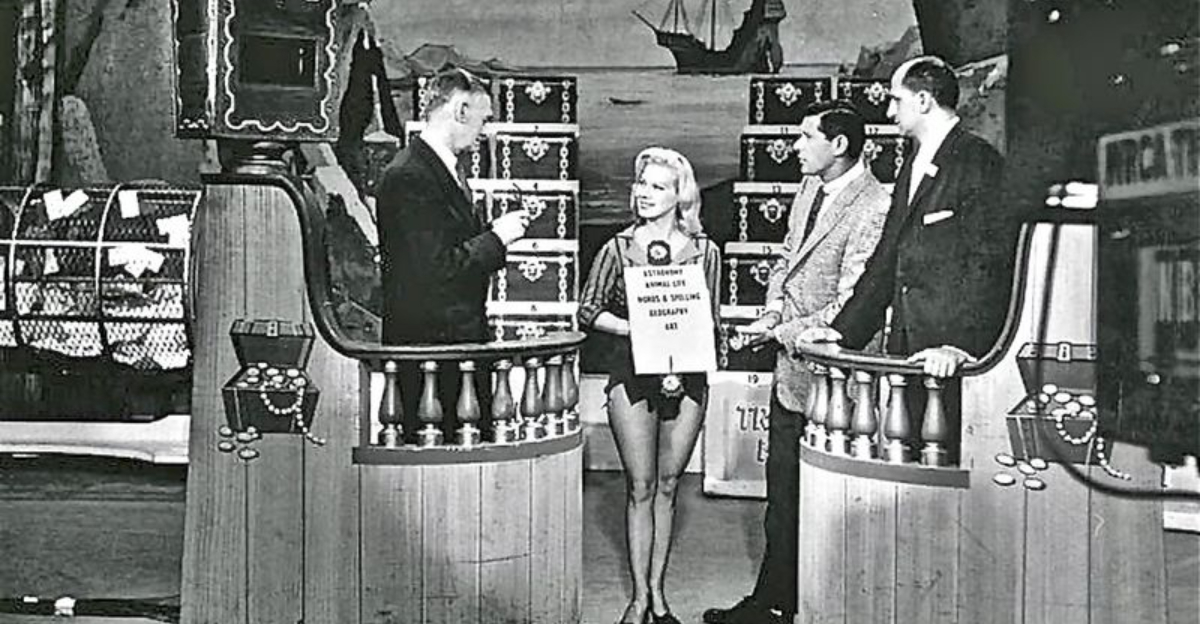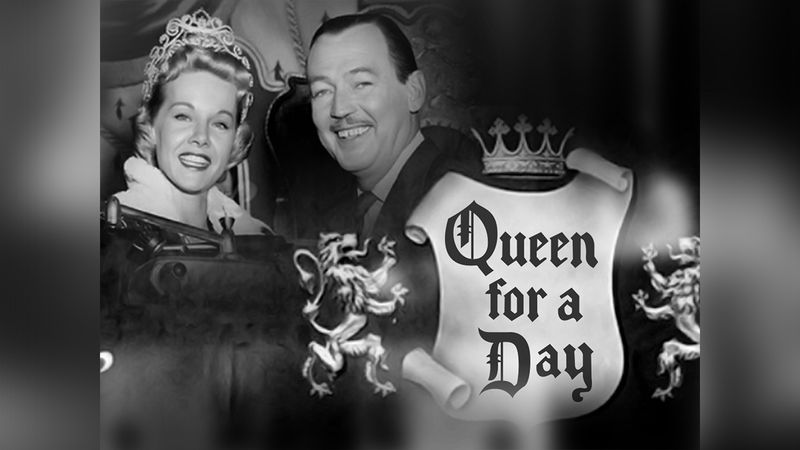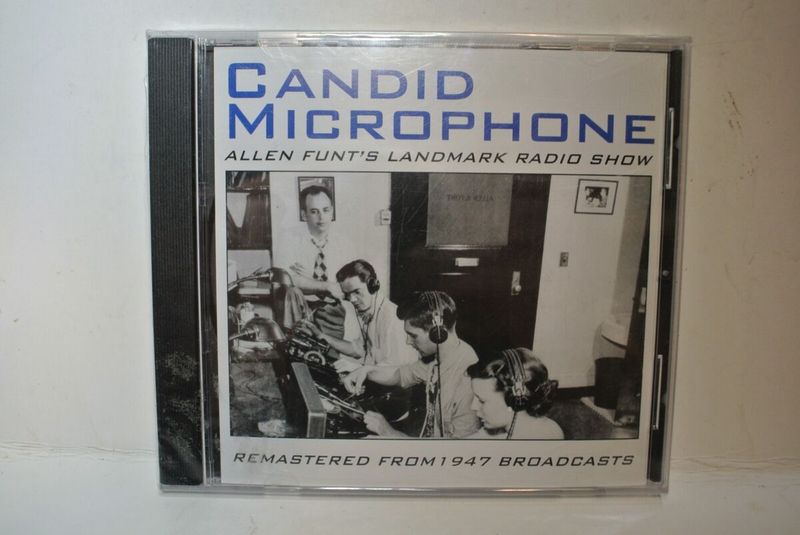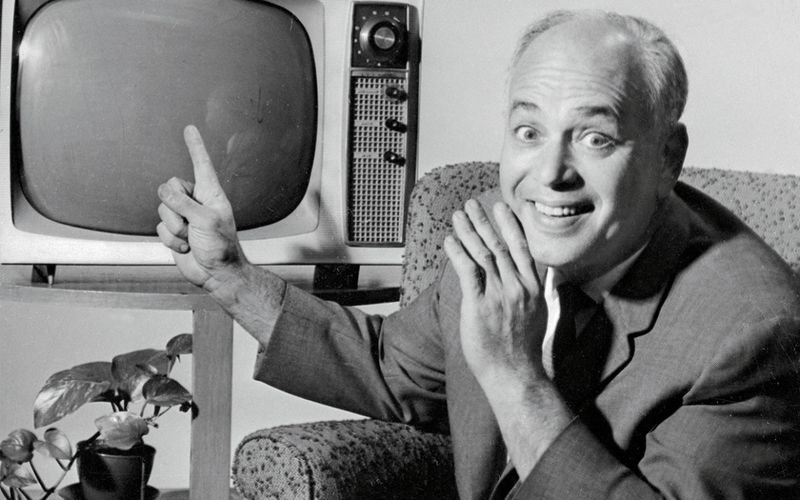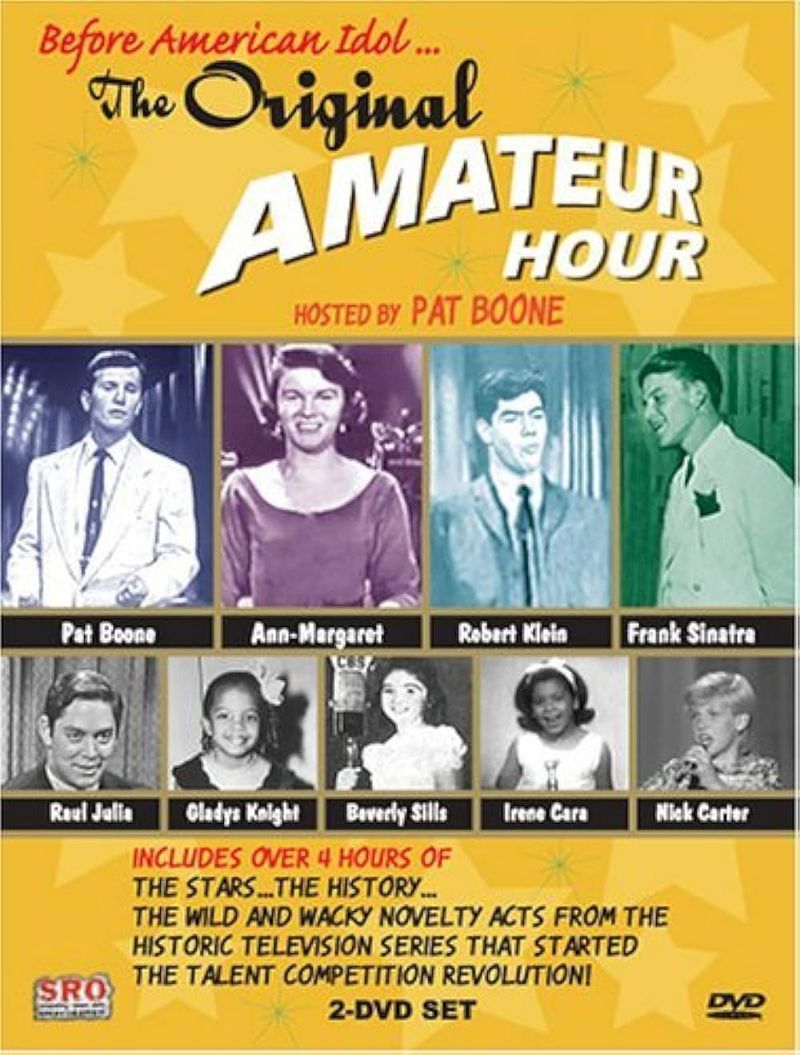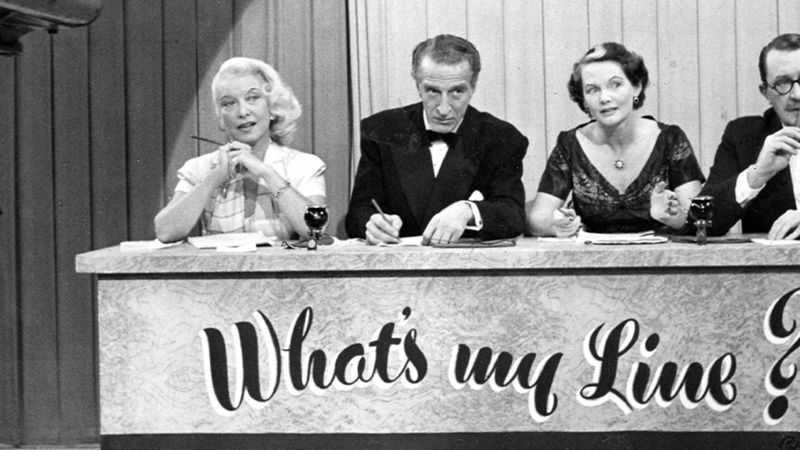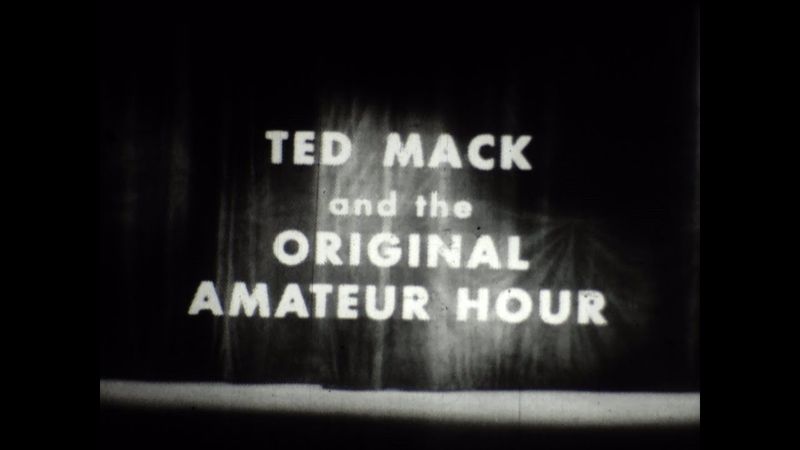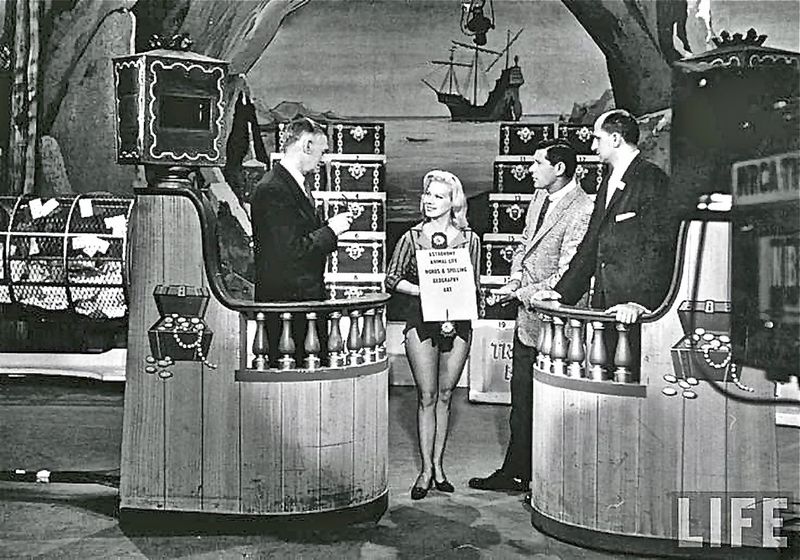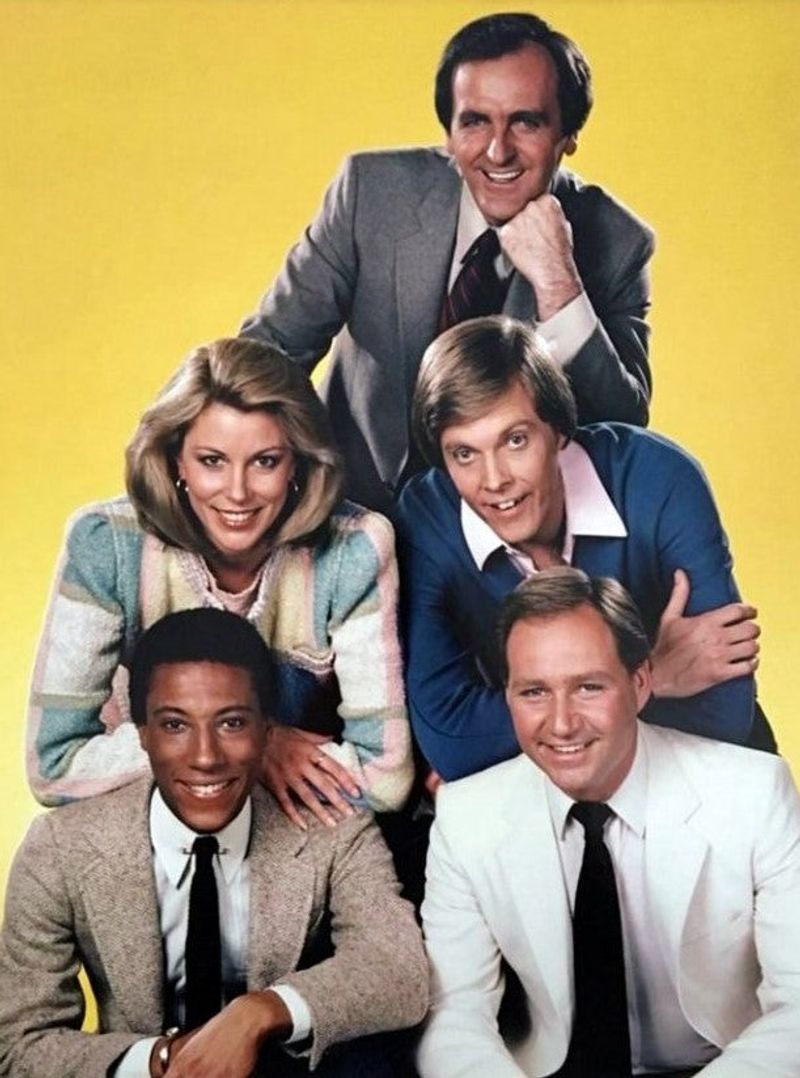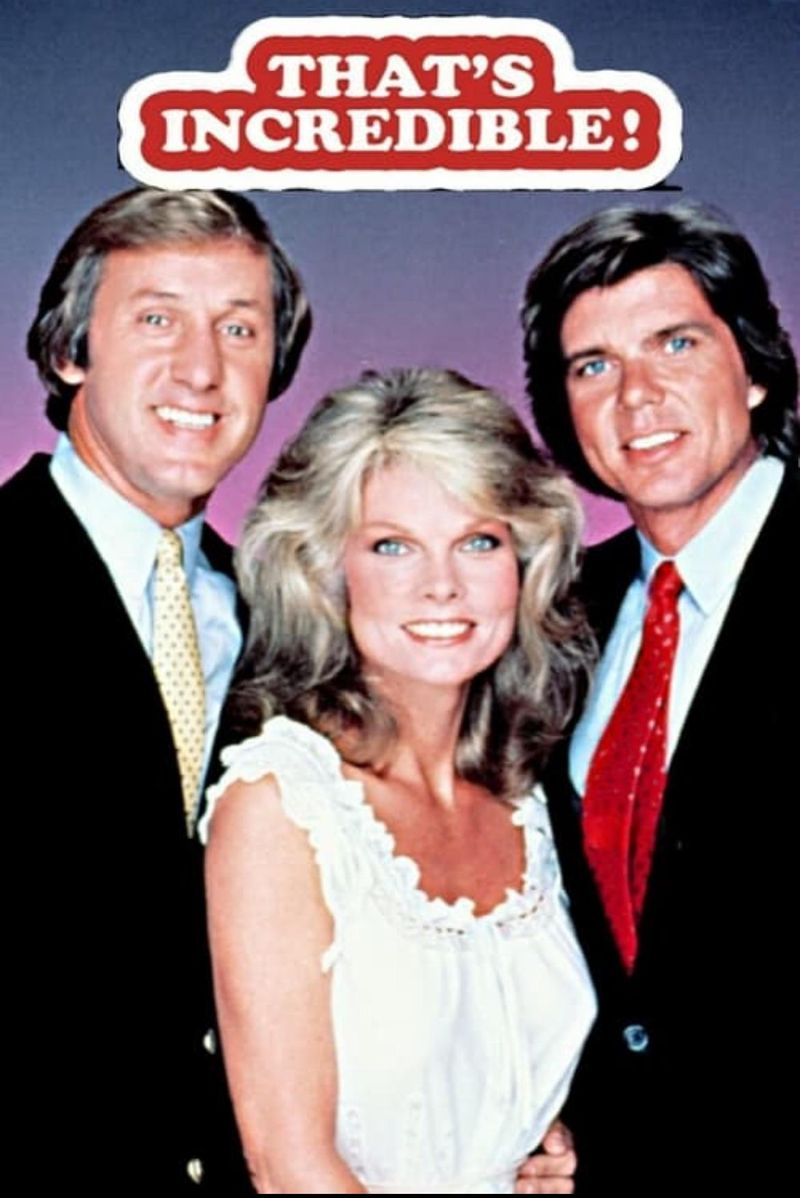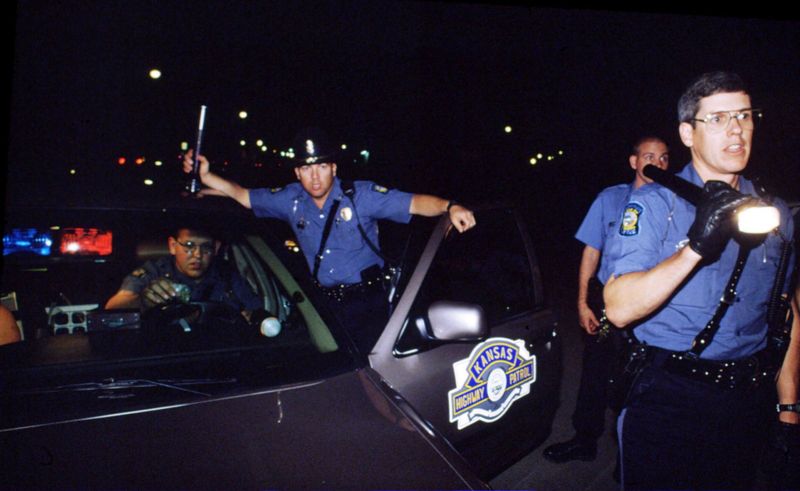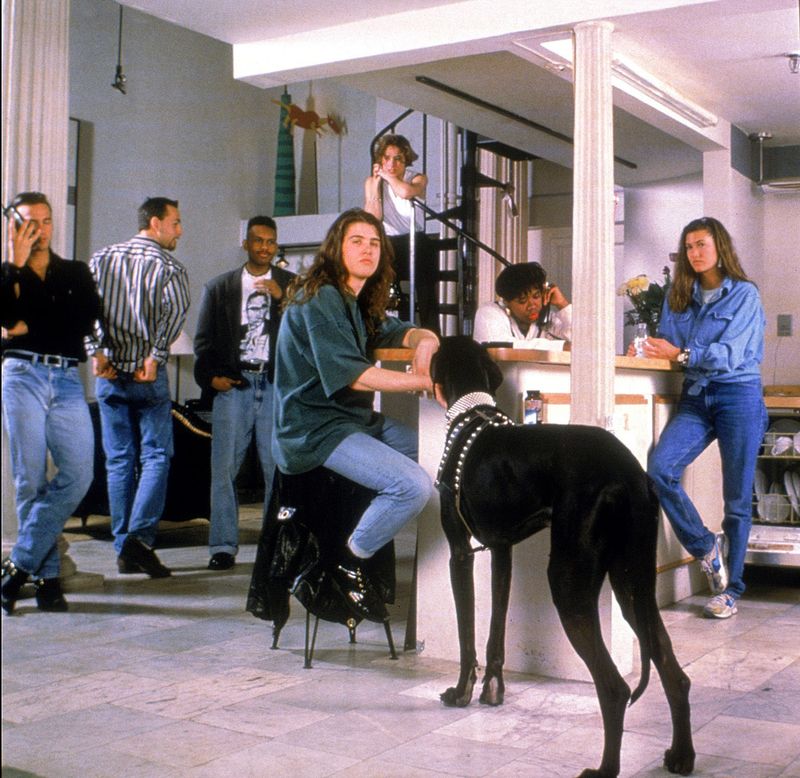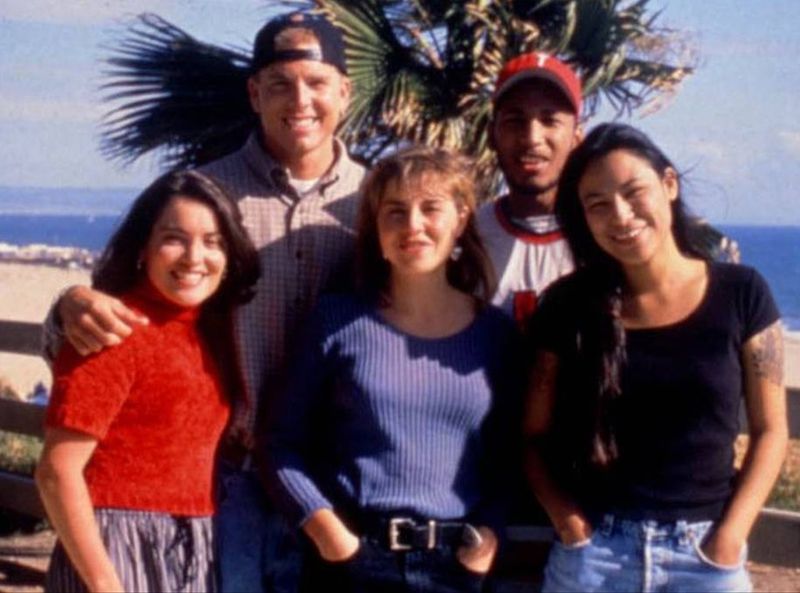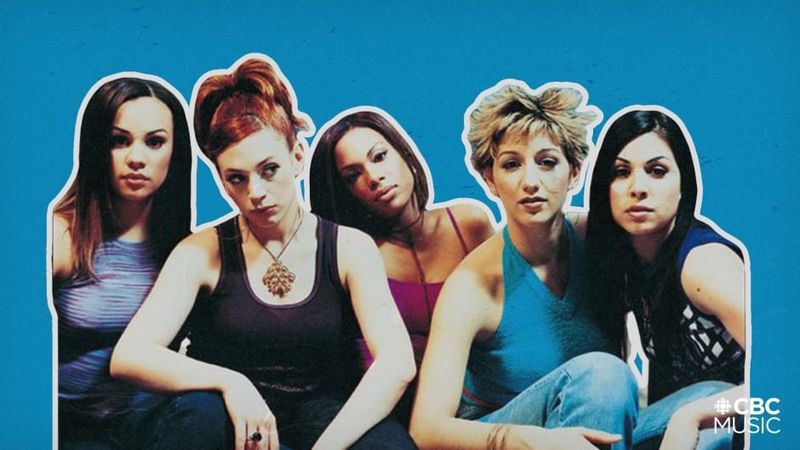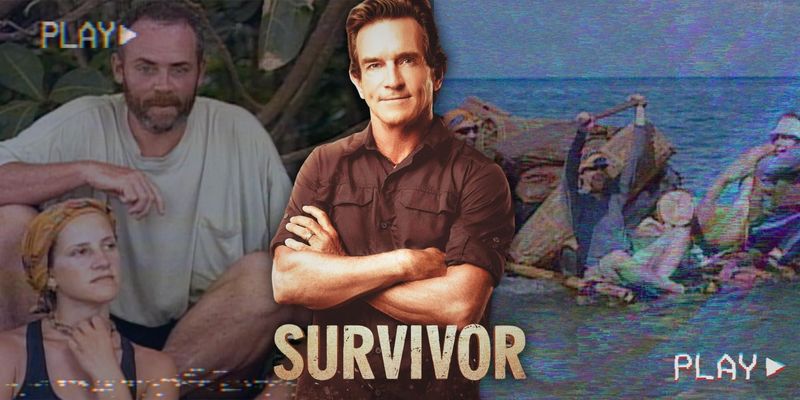Reality television, as we know it today, has deep roots in shows that were broadcast decades ago. These pioneering programs set the stage for the genre, introducing audiences to real-life stories, unscripted drama, and everyday heroes.
From hidden cameras to talent competitions, each show contributed uniquely to the evolution of reality TV. This article explores 19 of the oldest reality TV shows that laid the foundation for the captivating world of modern television reality.
1. Queen for a Day (1945 radio / 1956 TV)
Queen for a Day was a groundbreaking show where contestants shared personal hardships for the chance to win prizes. Emerging first as a radio show in 1945, it migrated to television in 1956, engaging audiences with its unique blend of storytelling and competition. The heartfelt tales presented by the contestants often evoked sympathy, making it a precursor to today’s emotional reality shows. Its influence is evident in contemporary programming.
2. Candid Microphone (1947)
Candid Microphone was the forerunner of the beloved Candid Camera, capturing real conversations with hidden microphones. Debuting on the radio in 1947, it offered listeners an amusing glimpse into the unscripted conversations of everyday people. This concept of eavesdropping on life laid the groundwork for future hidden camera shows, where the charm of candid reactions continues to entertain. Its legacy lives on in modern formats.
3. Candid Camera (1948)
Candid Camera, the television counterpart to Candid Microphone, began in 1948. It delighted audiences with its clever hidden camera tactics, capturing the genuine reactions of unsuspecting people. This innovative concept of revealing the unexpected in everyday scenarios has influenced countless reality shows. With humor and surprise at its core, Candid Camera remains a touchstone in the genre, paving the way for a world of candid entertainment.
4. The Original Amateur Hour (TV version 1948)
The Original Amateur Hour transitioned from radio to television in 1948, becoming a platform for everyday talents. This talent competition showcased singers, dancers, and performers, providing a stage for those who dreamed of fame. Its format inspired later talent shows like American Idol. The show celebrated raw talent and the dream of stardom, capturing the nation’s attention and becoming a beloved piece of television history.
5. What’s My Line? (1950)
What’s My Line?, debuting in 1950, was a panel game show where celebrities guessed the occupations of everyday people. With its sophisticated panelists and intriguing contestants, it captivated audiences for its wit and charm. This show introduced the concept of blending celebrity presence with real-world contestants, a formula seen in numerous shows today. Its engaging format and clever questioning remain influential in the quiz show realm.
6. This Is Your Life (1952)
This Is Your Life began in 1952, surprising guests with a retrospective of their lives. The show, emotionally charged, involved families and friends, creating heartwarming moments on screen. It captivated audiences by piecing together personal histories in an engaging narrative. This approach to storytelling, blending surprise with nostalgia, influenced many reality programs that focus on personal journeys and life stories.
7. Ted Mack’s Amateur Hour (1952)
Ted Mack’s Amateur Hour, a continuation of The Original Amateur Hour, provided a stage for amateur talents from 1952 onwards. This show was a beacon for aspiring entertainers, giving them national exposure. It celebrated diverse talents, ranging from singers to acrobats, and maintained a sense of community and encouragement. This format has inspired numerous modern talent shows, emphasizing the celebration of raw, unsung talent.
8. Treasure Hunt (1956)
Treasure Hunt, which started in 1956, was a thrilling game show where contestants searched for hidden prizes. The anticipation and excitement of discovering treasures made it a favorite among viewers. With its engaging format, contestants were drawn into a world of surprise and delight. This show laid the groundwork for future prize-based reality shows, where the thrill of the hunt and discovery remains a central theme.
9. It Could Be You (1956–1961)
It Could Be You, airing from 1956 to 1961, focused on rewarding everyday individuals for their good deeds and life stories. Participants were often pleasantly surprised, creating touching and memorable television moments. This show emphasized the power of kindness and recognition, qualities that resonate with audiences even today. Its heartwarming premise of celebrating ordinary people influenced a variety of modern reality formats.
10. An American Family (1973)
An American Family, aired in 1973, is often cited as the first modern reality TV show. It followed the everyday life of the Loud family, documenting their personal and familial challenges. This unscripted documentary series provided an authentic look into family dynamics, setting the standard for realism in later reality television. Its influence is profound, inspiring countless real-life family dramas and reality documentaries.
11. The Gong Show (1976)
The Gong Show, which premiered in 1976, was a talent show like no other, filled with humor and chaos. Contestants performed diverse acts, and judges could end acts prematurely with the gong. This unpredictable format brought a playful twist to traditional talent competitions, engaging audiences with its offbeat charm. Its influence can be seen in modern talent shows that embrace the eccentric and unexpected.
12. Real People (1979)
Real People debuted in 1979, celebrating ordinary individuals doing extraordinary things. The show highlighted diverse stories from across America, captivating viewers with its real-life heroes. By showcasing unique talents and heartwarming stories, Real People set a precedent for future shows that focus on human interest stories. Its format of everyday triumphs continues to inspire reality programming that celebrates uniqueness and resilience.
13. That’s Incredible! (1980)
That’s Incredible!, which aired in 1980, showcased astonishing stunts, talents, and bizarre feats from around the world. The show’s spectacle and incredible performances attracted a broad audience, eager to witness the unbelievable. This program’s focus on the extraordinary paved the way for reality shows that thrive on showcasing human limits and talents. Its legacy lives on in programs that highlight the incredible and awe-inspiring.
14. COPS (1989)
COPS, debuting in 1989, broke new ground by following real police officers during their shifts. The gritty, unscripted format presented law enforcement in action, offering viewers a raw look at policing. This show introduced a new level of realism to television, becoming a staple in reality programming. Its influence is evident in similar law enforcement series that aim to portray authenticity and tension inherent in police work.
15. Rescue 911 (1989)
Rescue 911, hosted by William Shatner, began in 1989 and featured reenactments and real stories of emergency rescues. The show provided a dramatic look at life-saving efforts, combining education with entertainment. Its gripping narratives and heroic rescues captivated audiences, setting a standard for future reality shows centered on emergency response. This blend of real-life drama and heroism continues to influence similar genres today.
16. The Real World (1992)
The Real World, which premiered in 1992 on MTV, was a social experiment that documented strangers living together. This pioneering show introduced the confessional format, capturing raw, unscripted interactions among participants. By exploring personal relationships and conflicts, it set the stage for reality TV’s observational style. Its format and themes of diversity and conflict resolution are evident in many reality series that followed.
17. Road Rules (1995)
Road Rules, launching in 1995, combined travel and competition, featuring young people journeying together in an RV. The show challenged participants with missions, testing their teamwork and adaptability. This concept of combining adventure with reality competition inspired numerous travel-based reality shows. Its focus on exploration and personal challenges continues to resonate with audiences seeking both adventure and authenticity in reality TV.
18. Popstars (1999)
Popstars, debuting in 1999, was a singing competition that showcased the formation of a pop group. Viewers witnessed the behind-the-scenes journey of aspiring singers, culminating in the creation of a new music sensation. This concept of documenting the rise of musical talent paved the way for talent shows like American Idol and The X Factor. Its focus on ambition and artistry continues to inspire music-based reality programming.
19. Survivor (2000)
Survivor, airing in 2000, revolutionized reality TV by stranding contestants on a remote island to compete in grueling challenges. The show’s format of outwitting, outplaying, and outlasting competitors for a cash prize captivated audiences worldwide. Its thrilling mix of strategy, endurance, and social dynamics set a new standard for reality competitions. Survivor’s legacy is visible in countless shows that emphasize survival and strategic gameplay.
